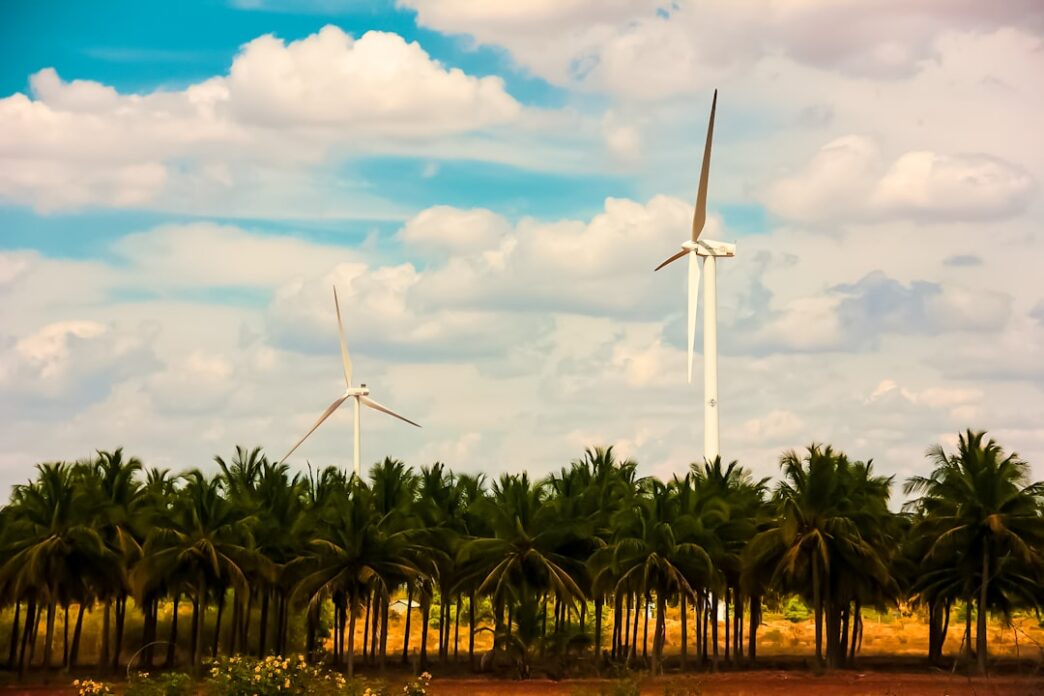As the world grapples with the realities of climate change and unsustainable fossil fuel dependence, emerging markets present a unique opportunity for a renewable energy transition that could drive significant economic growth. The convergence of technological advancement, policy support, and growing environmental awareness is shaping the landscape of energy production and consumption within these economies. This article explores the economic potential of renewable energy in emerging markets and its implications for global economic dynamics.
Emerging markets, characterized by rapid industrialization and urbanization, are at a pivotal crossroads. Countries such as India, Brazil, and several nations across Africa are experiencing a surge in energy demand due to population growth and economic development. Traditionally reliant on fossil fuels, these regions are now recognizing the economic benefits of transitioning to renewable energy sources such as solar, wind, and hydroelectric power. The International Renewable Energy Agency (IRENA) estimates that the renewable energy sector could create millions of jobs and contribute to GDP growth if countries pivot towards sustainable energy solutions.
One of the key drivers of this transition is the declining cost of renewable energy technologies. The price of solar photovoltaic cells, for instance, has plummeted by over 80% since 2010, making solar energy competitive with traditional energy sources. This price reduction is particularly advantageous for emerging markets where access to capital can be limited. The improved affordability of renewable technologies enables these economies to adopt cleaner energy solutions without incurring prohibitive costs, thus facilitating a more sustainable economic model.
Furthermore, investments in renewable energy infrastructure can significantly enhance energy security in emerging markets. Many of these countries face energy supply challenges, exacerbated by reliance on imported fossil fuels. By investing in local renewable energy sources, they can reduce their vulnerability to external shocks and price volatility associated with global oil and gas markets. A diversified energy portfolio increases resilience and fosters a more stable economic environment, paving the way for sustainable growth.
In addition to energy security, the renewable energy transition can stimulate local economies through job creation. The renewable sector is labor-intensive, and its expansion can provide employment opportunities across various skill levels. From manufacturing solar panels to installing wind turbines, these jobs are crucial for building a skilled workforce that can support economic development. According to IRENA, the renewable energy sector employed over 11 million people globally in 2018, with emerging markets poised to capture a significant share of this job growth.
Moreover, attracting foreign direct investment (FDI) in the renewable sector can drive technological innovation and knowledge transfer. Emerging economies are increasingly positioning themselves as attractive destinations for investors seeking to capitalize on the growth potential of renewable energy. Governments can create favorable investment climates by implementing supportive policies, such as feed-in tariffs and tax incentives, which can further accelerate the transition to renewables. As international investors seek out sustainable projects, emerging markets can leverage their abundance of natural resources to secure financing and expertise.
However, the transition to renewable energy is not without challenges. Political instability, regulatory hurdles, and inadequate infrastructure can impede progress in many emerging economies. Additionally, there is a need for comprehensive energy policies that align with national development goals, which require collaboration between governments, private sector stakeholders, and civil society. Strengthening governance frameworks and ensuring stakeholder engagement are critical to overcoming these obstacles and facilitating a successful transition.
In conclusion, the renewable energy transition presents a transformative opportunity for emerging markets. By harnessing the economic potential of clean energy, these countries can drive sustainable growth, enhance energy security, and create a resilient workforce. As the world shifts towards a greener economy, emerging markets stand at the forefront of this change, offering a blueprint for integrating sustainability into economic development. The path may be fraught with challenges, but the rewards of investing in renewable energy can lead to a more prosperous and sustainable future for all.













